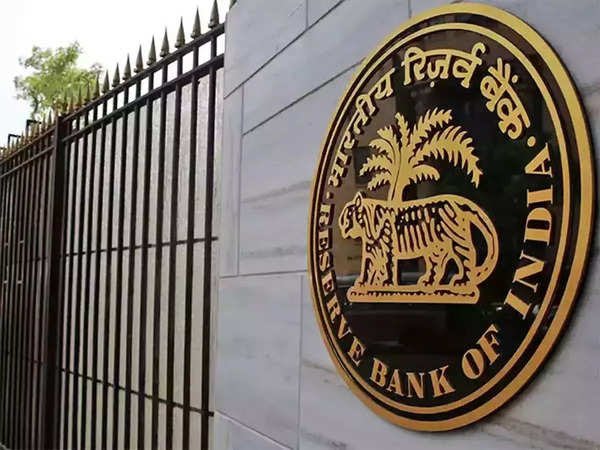
Reserve Bank of India has proposed allowing non-bank payment system operators (PSOs) to offer CBDC (Central Bank Digital Currency) wallets in order to make CBDC-R (Retail) more accessible to a broader segment of users.
The central bank said this is expected to enhance access and expand the choices available to users, in addition to testing the resiliency of the CBDC platform to handle multi-channel transactions. It added that necessary changes will be made to the system to facilitate this.
CBDC pilots in both the Retail and Wholesale segments are currently underway with more use cases and more participating banks. Currently, only banks are allowed to issue CBDC wallets under the pilot. The first phase included State Bank of India, ICICI Bank, YES Bank, IDFC First Bank, Bank of Baroda, Union Bank of India, HDFC Bank, and Kotak Mahindra Bank, after which the pilot was extended to other banks.
In January 2024, Governor Shaktikanta Das said that RBI is not in an undue hurry to implement CBDC full scale as it wants to ensure its safety, integrity, and efficiency. RBI introduced the CBDC pilots in phases, with the pilot for the wholesale segment launched in November 2022 and for the retail segment in December 2022.
CBDC-R is estimated to have 40 lakh users and 4 lakh merchants. After touching the milestone of 10 lakh transactions per day in December 2023, volumes are expected to have settled slightly below this level.
In February 2024, Deputy Governor T Rabi Sankar said that RBI has been working to navigate issues pertaining to the scalability of technology and banks being able to handle that scale.
“On the retail side, it’s the technology, how systems cope and how people behave. These are the focus areas, we’re not looking at volumes,” he said then said adding that on the wholesale side too the focus is not on volumes but on trying out new use cases as done in the case of government securities and call money markets so far.
The ultimate benefit from e-rupee pilot is seen coming through cross-border transactions via savings in terms of settlement risk. However, this will take some time as RBI is still testing the technology.
